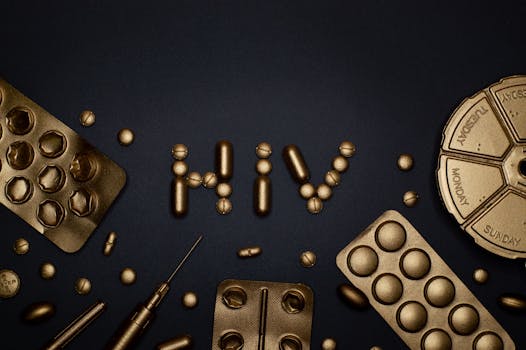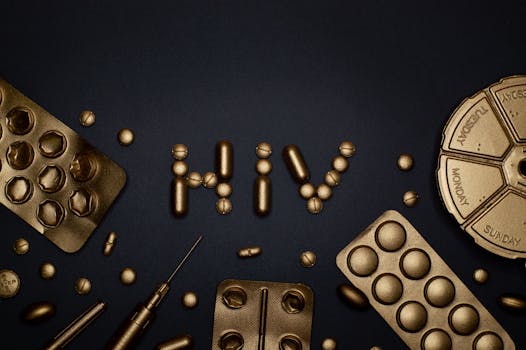
The Science Behind Vaccines and Public Health
The Science Behind Vaccines and Public Health is a crucial aspect of modern medicine. Vaccines have been widely recognized as one of the most effective ways to prevent infectious diseases and protect public health. In this article, we will explore the science behind vaccines, their history, types, and benefits, as well as the importance of immunization in maintaining public health.
History of Vaccines

The concept of vaccination dates back to the 18th century, when Edward Jenner developed the first vaccine against smallpox. Since then, vaccines have been developed against a wide range of infectious diseases, including measles, mumps, rubella, polio, and many others. The development of vaccines has been a long and challenging process, involving the contributions of many scientists and researchers over the years.
How Vaccines Work

Vaccines work by introducing a small, harmless piece of a virus or bacteria, or a weakened form of the virus or bacteria, to the body. This triggers an immune response, which helps the body to recognize and fight the disease-causing agent. Vaccines can be made from a variety of materials, including weakened or killed viruses or bacteria, as well as from parts of the virus or bacteria, such as proteins or sugars.
Types of Vaccines

There are several types of vaccines, including inactivated vaccines, live attenuated vaccines, and subunit vaccines. Inactivated vaccines are made from killed viruses or bacteria and are often used to protect against diseases such as influenza and hepatitis A. Live attenuated vaccines are made from weakened viruses or bacteria and are often used to protect against diseases such as measles and mumps. Subunit vaccines are made from parts of the virus or bacteria, such as proteins or sugars, and are often used to protect against diseases such as HPV and hepatitis B.
Benefits of Vaccines

Vaccines have numerous benefits, including the prevention of infectious diseases, protection of public health, and reduction of healthcare costs. Vaccines have been shown to be highly effective in preventing infectious diseases, with some vaccines providing immunity for many years. Vaccines also play a critical role in protecting public health by preventing the spread of infectious diseases and reducing the risk of outbreaks.
Importance of Immunization

Immunization is a critical aspect of public health, as it helps to prevent the spread of infectious diseases and protect vulnerable populations, such as the elderly and young children. Immunization also helps to reduce the risk of outbreaks and the transmission of infectious diseases. The World Health Organization (WHO) recommends that all children be vaccinated against a range of infectious diseases, including measles, polio, and whooping cough.
Challenges and Controversies

Despite the many benefits of vaccines, there are also challenges and controversies surrounding their use. Some people have raised concerns about the safety of vaccines, citing potential side effects and the risk of allergic reactions. Others have questioned the effectiveness of vaccines, citing the risk of vaccine failure and the potential for infectious diseases to evolve and become resistant to vaccines.
Conclusion

In conclusion, The Science Behind Vaccines and Public Health is a complex and multifaceted topic. Vaccines have been widely recognized as one of the most effective ways to prevent infectious diseases and protect public health. While there are challenges and controversies surrounding their use, the benefits of vaccines far outweigh the risks. By understanding the science behind vaccines and the importance of immunization, we can work to promote public health and prevent the spread of infectious diseases.



